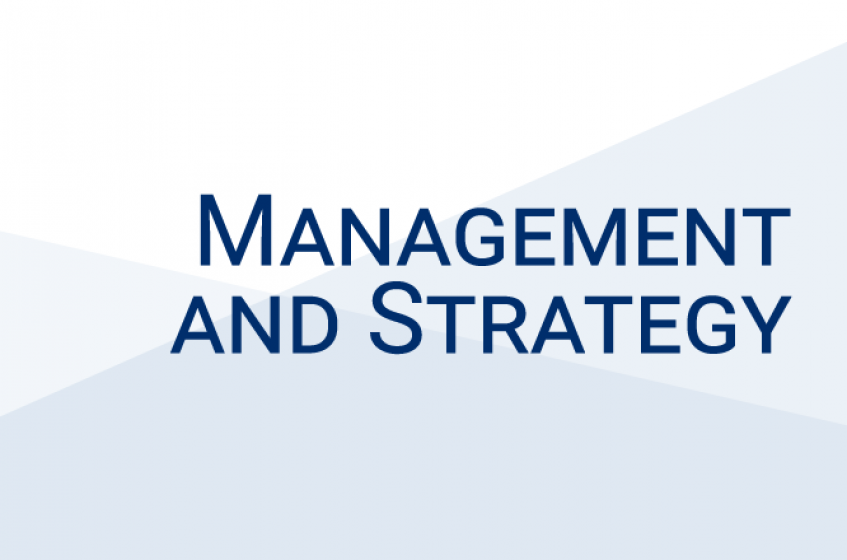Who resists algorithmic advice? Cognitive style precludes algorithmic aversion
Ms. Heather Yang
PhD Candidate in Behavioral & Policy Sciences (Micro/OB)
Sloan School of Management
Massachusetts Institute of Technology
As technology and artificially-intelligent (AI) algorithms become increasingly prevalent in all aspects of life, individuals have more opportunity to rely on these sources of advice when making consequential decisions. Recent research has documented both algorithmic aversion and appreciation, but little is known about who prefers algorithmic over human advice. In this paper, we present the first evidence that peoples’ cognitive style corresponds to the kind of advice they prefer to seek out. We present results from 4 studies (combined N = 2,450) showing that cognitive style consistently predicts the degree to which users seek input on their decisions from AI versus human advisors. Those scoring higher on the Cognitive Reflection Test are more likely to embrace input from artificially-intelligent algorithms into their decisions making, demonstrating algorithmic appreciation. We find that this effect is partially mediated by users’ perceptions of the expected accuracy of the advisor: people who are more cognitively reflective expect the algorithmic advisor to be more accurate than the human advisor.














